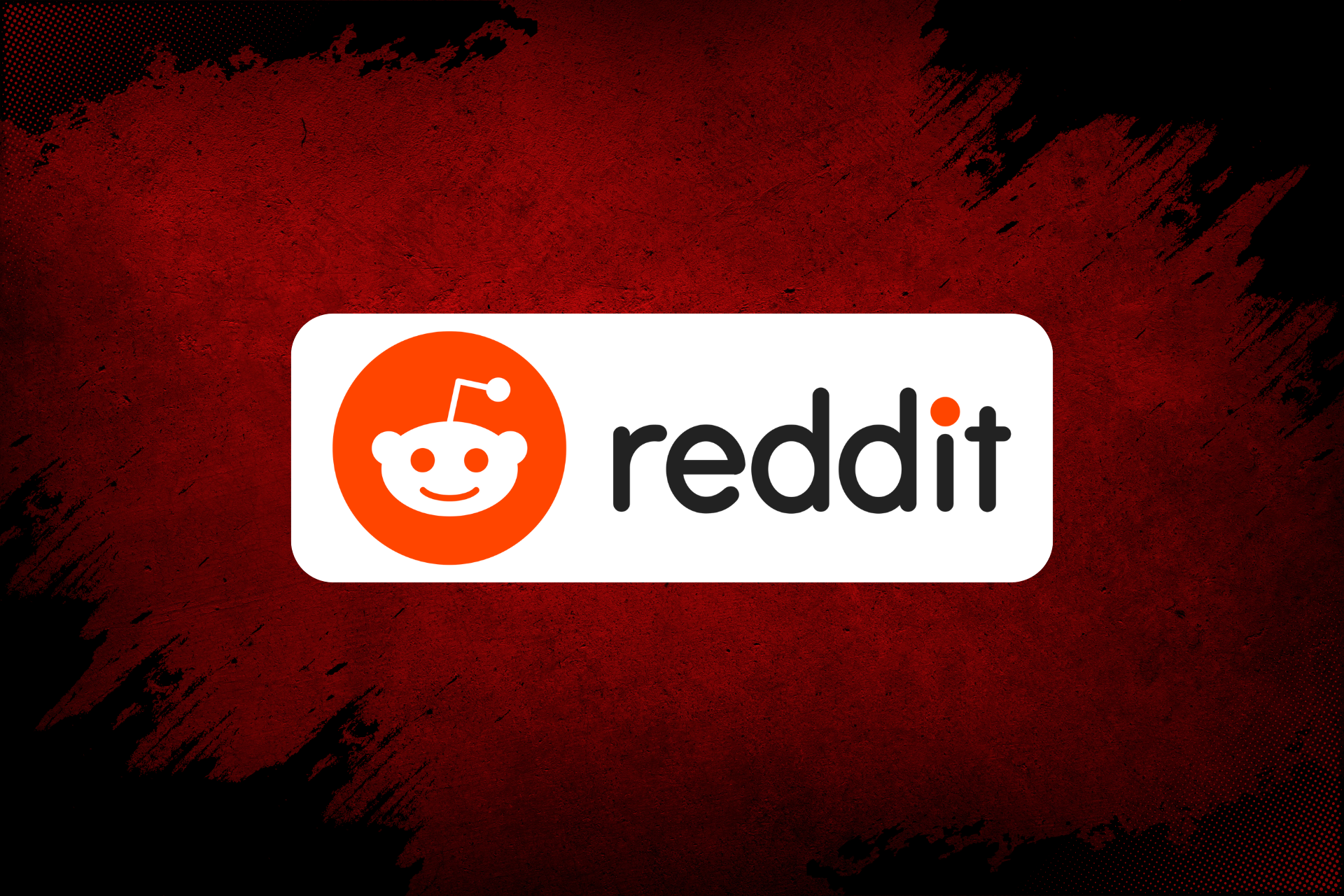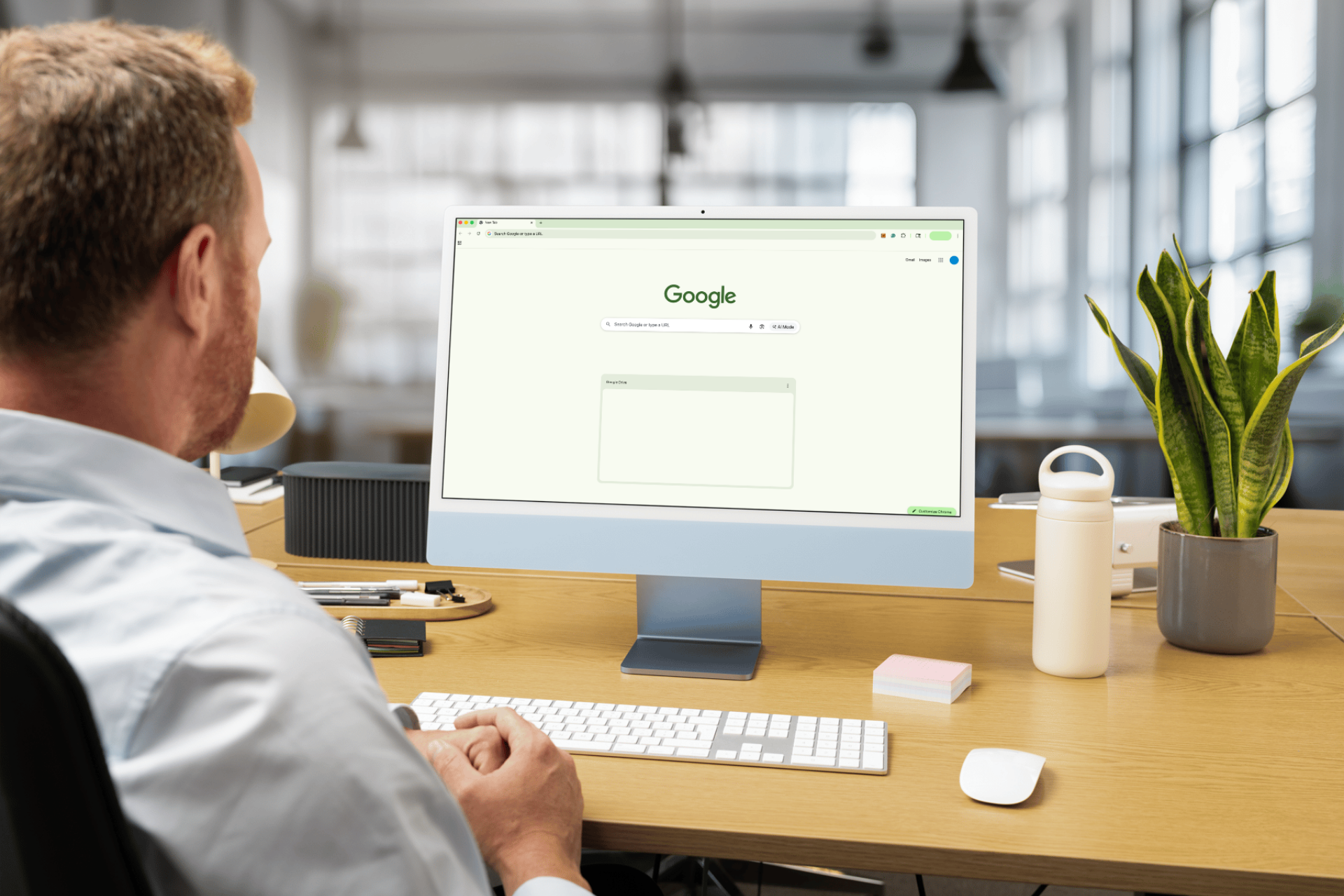Choosing a Marketing Partner
A roadmap for deciding which type of marketing company is right for you.

Choosing a marketing strategy can seem overwhelming to small business owners. You know that marketing needs to be a part of your business, but you’re not sure where to start. Thankfully, there are a variety of solutions available to business owners, each with their own strengths and weaknesses. The challenge is determining the right fit for your business’ needs.
In order to save you a bit of time in your search, we’ve categorized the six
most common options that exist today. With a list of pros and cons, we hope to help you make a more informed decision.
1. BRANDING AGENCIES
Pros
: Creating new designs, video, imagery, etc., High-Quality Work
Cons:
Usually one-trick, No traffic generation
Branding agencies have been around since the late 1800s with the same focused goal: to make your business stand out from the others. Branding agencies are especially great for owners who are just starting a business. They can help you create a logo, a mission statement, and they help you to begin to differentiate yourself immediately.
Additionally, they can help you develop dynamic presentations through video footage and imagery. This is especially valuable as your new business seeks to find its footing.
These agencies are also helpful if you are reevaluating your goals or trying to reestablish yourself. For older companies looking to fit into a different type of environment, branding agencies can offer invaluable assistance as you recreate your company’s image.
Furthermore, branding agencies can help you with things like swag bags, giveaway items, and the like. These are another way to get your name into the public consciousness and to encourage people to think about you more frequently. And, because they are professionals with experience, you can rest assured that branding agencies (at least the dependable, reputable ones) will perform high-quality work which will help you increase brand recognition.
On the other hand, branding agencies tend to have a more limited reach. Branding’s goal is to be far-reaching, but it does not offer the depth associated with messaging. The purpose of branding is to get the word out and to get your brand into the public consciousness.
It is not concerned with traffic generation or conversions. Designed to pique the interest of consumers and inform them about your company, branding does not directly help you sell any of your goods or service.
If you are searching for a company that can help you launch or reinvent yourself, branding could be the best choice. However, if you are most interested in increasing conversions, this strategy may not be the best choice for your business.
2. COUSIN / FAMILY FRIEND
Pros:
Cost-effective, Rapport, Easy Communication
Cons:
Not as much accountability, get what you pay for sometimes, not cheaper if things are done incorrectly (agencies are held accountable for mistakes, won’t charge if service wasn’t provided. You can’t really come after your cousin.)
Small business owners have to be cost-conscious -- especially in the early stages of their business. Because of this, they are often looking for the most effective, efficient, and cheapest way to do things. Sometimes that means using the resources to which you have the easiest access. Finding friends or family who have knowledge or skills that may benefit your business is a great way to get a leg up on things while potentially saving money.
Working with friends or family can also make things a little simpler. There’s no need to spend time building a rapport or learning how to communicate. Instead, you can usually launch right in without worrying about getting to know one another. This lends itself well to beginning to generate more immediate results.
While there are some advantages to working with someone you already know, especially if they’re willing to help you out financially, there are also some significant drawbacks. Perhaps the biggest drawback is the fact that there isn’t as much accountability. Differences of opinion or a desire to change strategies can be difficult conversations to have -- even more so if they are working at little to no pay. Asking them to spend more time doing work for you can also be problematic.
Furthermore, many times you may wind up with what you pay for. The quality of the work can often leave something to be desired and again necessitate a difficult conversation. This can lead to some ugly fallout and, in extreme cases, a severing of a relationship. Plus, whatever amount of money you have paid them may be a sunk cost, if they did not provide the quality of service that you expected.
Working with a professional agency gives you the ability to have a more open dialogue regarding campaign strategy and tactics. It also protects you in the event that services are not completed to your liking. You are a bit more protected when working with established, reputable agencies. And, above all else, if there is a falling out between you and the agency it won’t cost you a personal relationship.
3. MAJOR MEDIA COMPANY
Pros:
Wide Audience, Creative, Exposure
Cons:
No transparency -- no tracking, declining consumption
Marketing has been around almost as long as the written word. If you are selling a product getting the message out is critical to your success. Major media is a time-tested way to accomplish that goal.
Major media -- usually considered to be print (newspaper, magazines, etc), TV, and radio -- has a long history of helping deliver a business’s message to consumers. Thanks to significantly large distribution channels, major media has long been viewed as the go-to way to deliver your message. Major media can help you reach a vast number of people quickly.
This distribution can lead to tremendous exposure for your company. Anyone within the local viewing area, radio antenna range, or newspaper delivery footprint can potentially hear your message. This shotgun-style approach enables you to expand your reach and spread news about your products and services to a geographically and economically diverse set of areas. And, thanks to the repetitive nature of commercials, you can be fairly certain that your ads will have a pretty solid saturation rate for potential customers.
Major media also offers a significant amount of creativity. Television messaging is different from radio messaging and both are different from newspaper messaging. Because of those differences, there is a need to craft unique ads for each medium. This allows you to come up with a variety of types of ads to most effectively speak to each audience. Creativity and originality are some of the greatest benefits associated with major media marketing. Each audience demands and expects something different. Partnering with major media allows you to reach people where they are and in the way that best appeals to them.
However, there are challenges associated with major media. First and foremost, accurate tracking is difficult. This means that while you may be spending a rather significant amount of money to market, there is no way to determine your exact return on investment. The number of newspapers sold does nothing to tell you how many people reading them saw and acted upon your ad. Similarly, just because someone heard your ad on the radio does not mean that they called or visited you as a result. Television commercials have long been an opportunity for people to use the restroom, make some food, or attend to something else while waiting for their show to return. Now, thanks to DVR technology, people can record programs and skip commercials altogether. Just because your commercial is airing does not mean it is being seen. Without accurate ways to measure how people are responding when and if they see or hear your ad, it’s difficult to know whether you are effecting real change.
The other consideration to make relative to major media is the reduction in consumption from traditional means. Newspaper readership and subscriptions are not nearly as high as they used to be. More and more people are subscribing to music streaming services which allow them to hear music without listening to ads. And, as everyone is aware, television has changed as rapidly as anything else in the last five years. More people are walking away from cable, choosing streaming services as their means to watch shows and sports.
The changes in major media and the difficulty associated with measuring advertising through these channels are important considerations for your budget and goals.
Major media tends to be a bit more expensive and does not provide the type of real-time feedback you need in order to understand how well your advertising is working. You may be broadcasting to a large area with a large number of people, but there is no guarantee they are receiving and acting upon that advertising. Be sure that you are prepared for this possibility before you decide to go all-in with major media advertising.
4. TRADITIONAL AD AGENCY
Pros:
Full service, resources, large teams
Cons:
Spread thin, Expensive, Slower -- more bureaucracy
When people think of traditional marketing or advertising, they generally think of something similar to what exists in the television show Mad Men. These types of agencies include messaging experts, art directors, and executives who work to create a tried and true strategy utilizing research and focus groups. They will also distribute your message through standard means like television, newspaper, and radio. There may be some social media marketing as well.
These types of firms offer a full-service approach. This allows you to turn all of your advertising and marketing needs over to the company and let them craft your messaging, strategy, and delivery. They meet with you and get your approval prior to launching the advertisements to make sure that everyone is on the same page.
Traditional firms also have a wealth of resources from contacts and connections to producers, videographers, and more. They offer a vast network of options for you and your business. They also have large teams, each of whom has a specific focus and specialty. There are people who work to create the story for the ad, another team that creates the visual, and other teams that fill various roles within the campaign, too. Traditional firms offer a comprehensive set of services that can meet your business’s needs.
However, traditional firms can be expensive. The amount of money required to create beautiful campaigns necessitates that they charge accordingly. Additionally, the number of team members that they have carries with them a significant cost. When you choose a traditional firm, be ready to pay for their services.
Also, be ready to be patient. There is a lot that goes into crafting a campaign and they can take months to formulate. And, if you don’t agree with the vision they’ve prepared, you will need to be prepared for things to start anew. This will take more time as well.
This is 2 parts of a 3 part series. Visit us again later this week for the final 2 most common marketing partners for small businesses!
BEN HAZLEWOOD
Product Specialist; Chattanooga, TN
Wordsmith and trivia guru; husband and dad
JAKE MARTIN
Campaign Specialist; Chattanooga, TN
Serial hobbyist and gaming nerd
















